
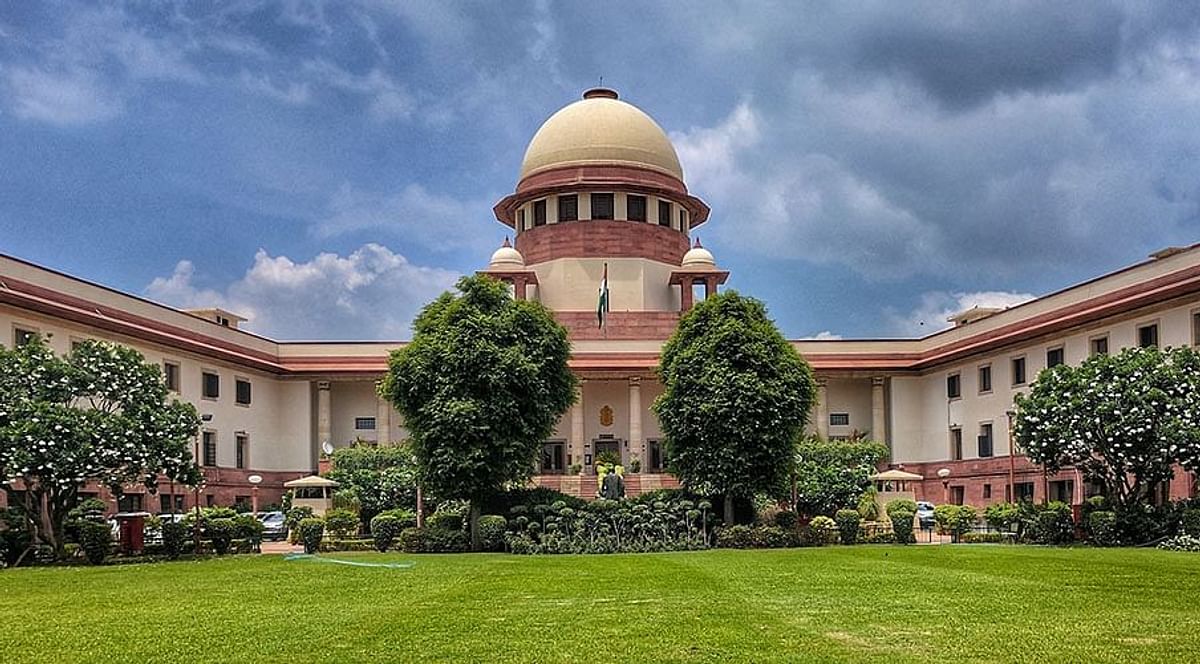
Supreme Court Grapples with Private Property Rights Debate
<button class="flex items-center gap-1.5 rounded-md p-1 text-xs text-token-text-tertiary hover:text-token-text-primary"></button><button class="flex items-center gap-1.5 rounded-md p-1 text-xs text-token-text-tertiary hover:text-token-text-primary"></button>
<form class="stretch mx-2 flex flex-row gap-3 last:mb-2 md:mx-4 md:last:mb-6 lg:mx-auto lg:max-w-2xl xl:max-w-3xl">
</form>
Supreme Court Grapples with Private Property Rights Debate







 OpinionExpress.In
OpinionExpress.In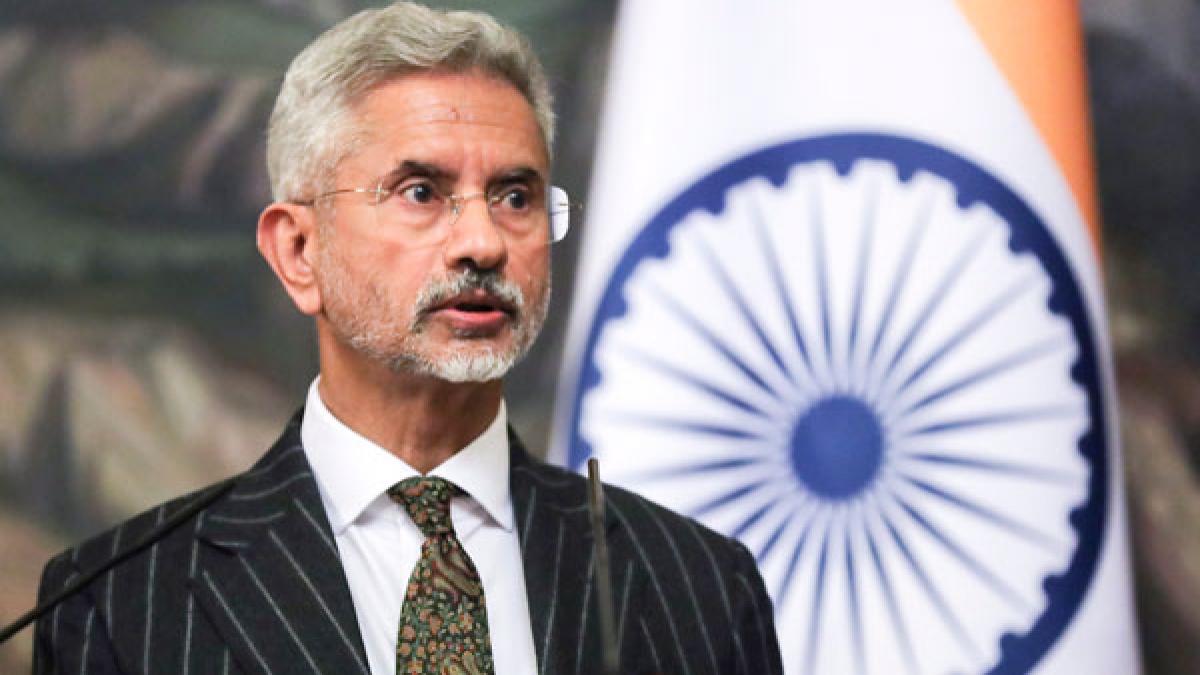

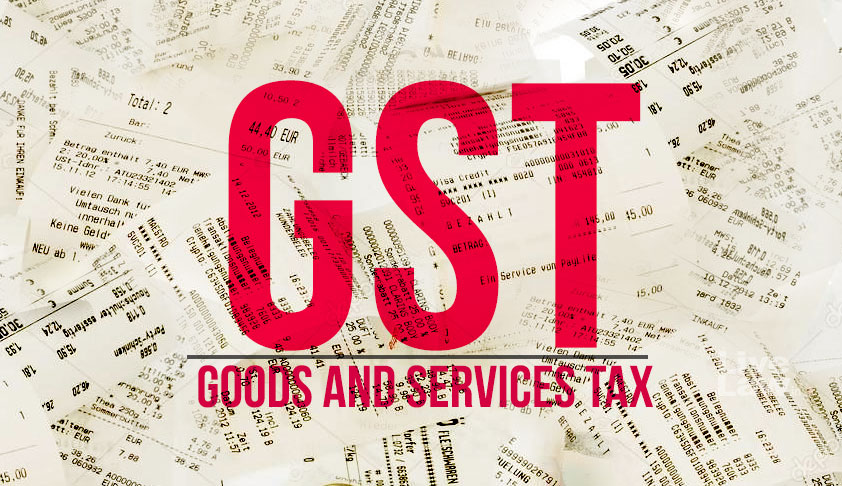
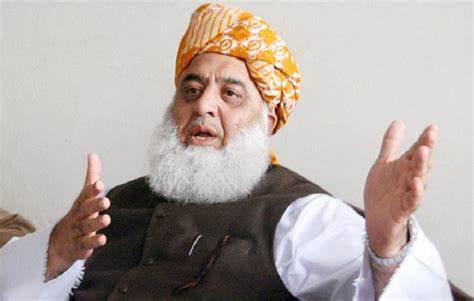
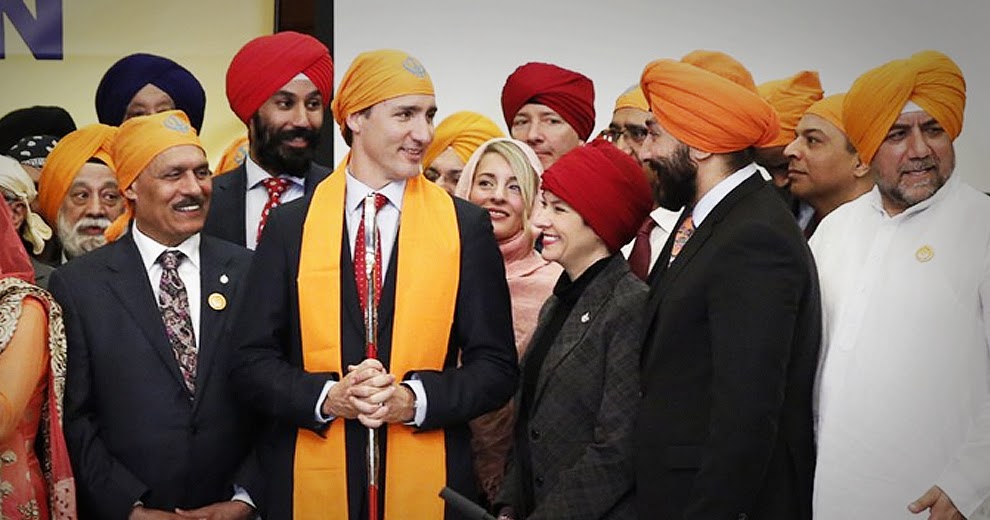
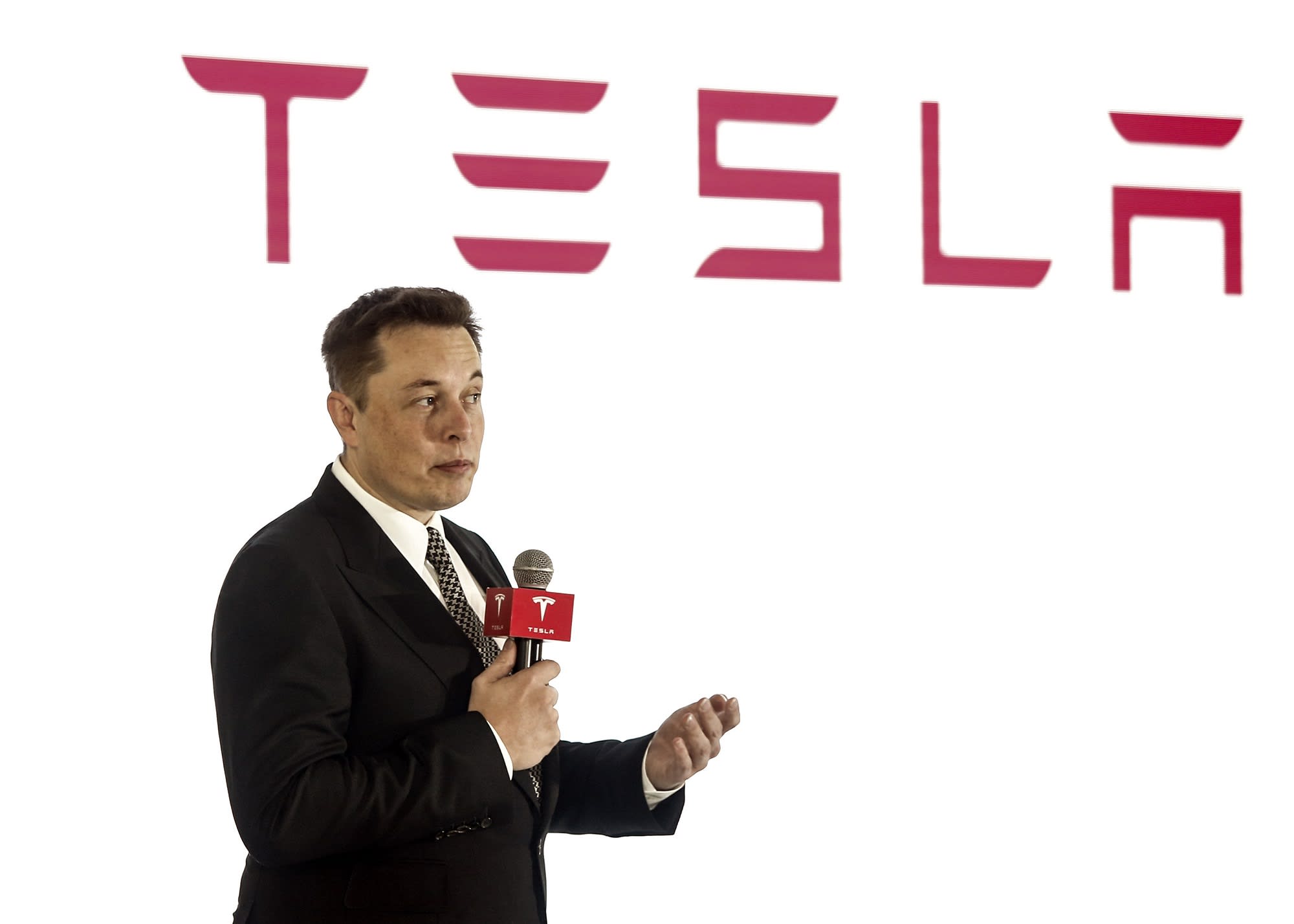
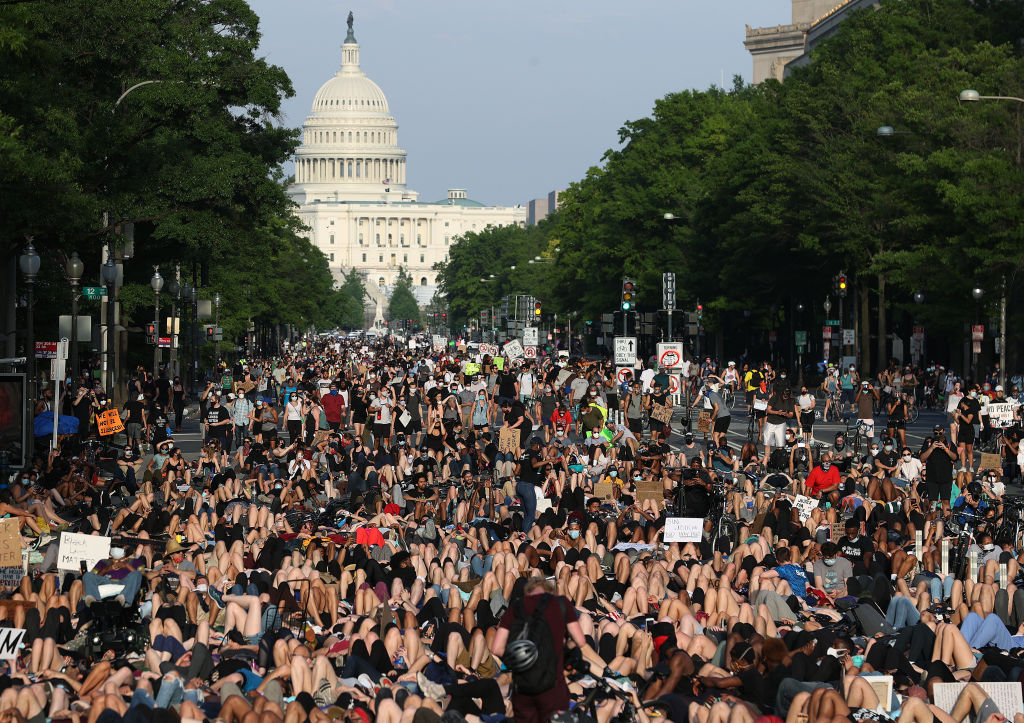

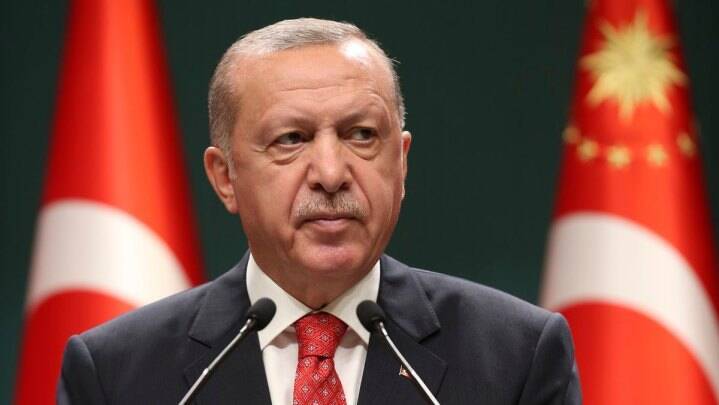







Comments (0)